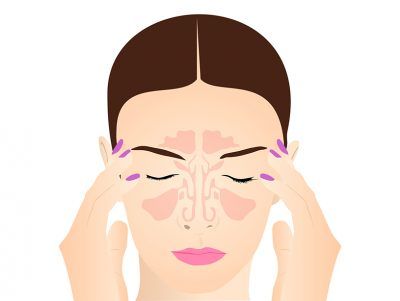How Jaw Muscle Types Can Contribute to TMJ Symptoms
TMJ is associated with many symptoms, but the most common are jaw pain and tension headaches caused by overworked and spasming jaw muscles. But not everyone is equally susceptible to these symptoms. We have different types of muscles in our jaws, and these muscles work and fatigue differently. Understanding these different types of muscles may help you avoid and treat your TMJ-related pain.
Understanding the Different Muscle Types
Many classification systems for muscles have been proposed, but the one most commonly used is the one that divides muscles into three categories: type I, type IIa, and type IIb. These categories refer to the types of muscle fibers found in the muscle, which can vary between individuals and over time.
Type I muscle fibers are designed for prolonged activity. They are called slow-twitch muscle fibers because they’re slow to work, but they’re also slow to tire. They have access to good oxygen supply–which means they’re less likely to generate painful lactic acid–but they aren’t as strong.
Type II muscle fibers are called "fast twitch" muscle fibers. Type IIa muscles are designed to rapidly deliver high amounts of force. But they can tire more quickly. Type IIb muscles are associated with the strongest force, but also tire the most quickly.
Fast Twitch Muscles Contribute to Jaw Pain
Our jaws are designed to be able to deliver a lot of force quickly, which is why they are made of up to 75% type II fibers. Unlike our ape and primitive hominid ancestors, our jaws aren’t designed for chewing all day, and they tend to tire quickly.
That’s why some behaviors like jaw clenching, gum chewing, or nervous chewing of fingernails, pencils, and other objects, can lead to jaw soreness. Your muscles just aren’t built for that level of constant exercise.
Your jaws might also be overworked because of an imbalance in the jaw. When your jaw can’t find a comfortable rest position, your muscles are forced to work constantly–and often against each other–all day, leading to fatigue.
Slow Twitch Muscles Spread Symptoms
Some studies suggest that women and men have very different kinds of muscles in the jaw. While men have mostly type II muscle fibers, women may have 60% type I muscle fibers. So why is it that women are more likely to report TMJ? It’s because type I muscle fibers may initially be resistant to fatigue, but they can actually cause wider-ranging problems.
Type I muscles are prepared to work all day–or much of it, anyway–so they are less likely to get tired on a daily basis, even if you’ve got a jaw imbalance. But while your jaw muscles are happily working away, they’re passing tension on to other muscles that might not be as conditioned to deal with the constant strain, such as muscles in the head and neck.
And when your muscles are constantly working, they are causing other ill effects, such as tooth wear, broken teeth, and jaw joint damage, evidenced by popping, clicking, or grinding in the joint. You’re more likely to experience pinched nerves and ear-related symptoms such as tinnitus or vertigo.
We also see this progression in people who don’t get TMJ treated soon enough. Over time, your jaw can become conditioned, so that you’re replacing fast-twitch muscles with slow-twitch muscles. Jaw pain may ease up, but other symptoms may worsen.
TMJ Treatment Can Contain Symptoms
If you want to contain symptoms when they’re just affecting your jaw, it’s best to act quickly, before your muscles become conditioned and can do more damage. After attempting home care for a week or so but getting no results, you should seek professional care for your TMJ.
If you are looking for TMJ treatment in Detroit, please call (248) 825-8277 today for an appointment with a TMJ dentist at the Michigan Center for TMJ & Sleep Wellness.












